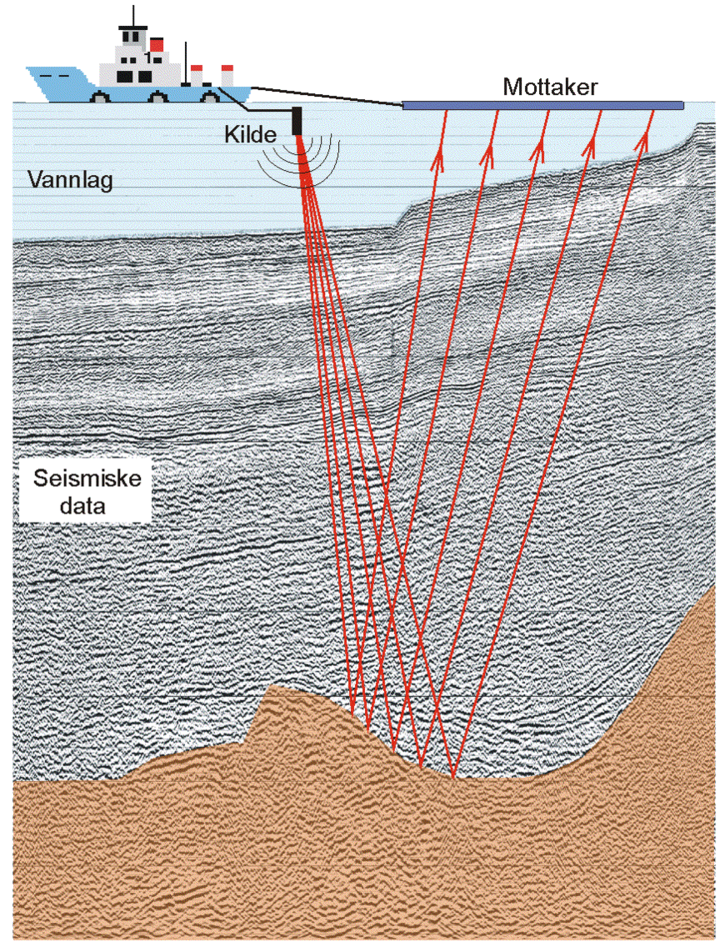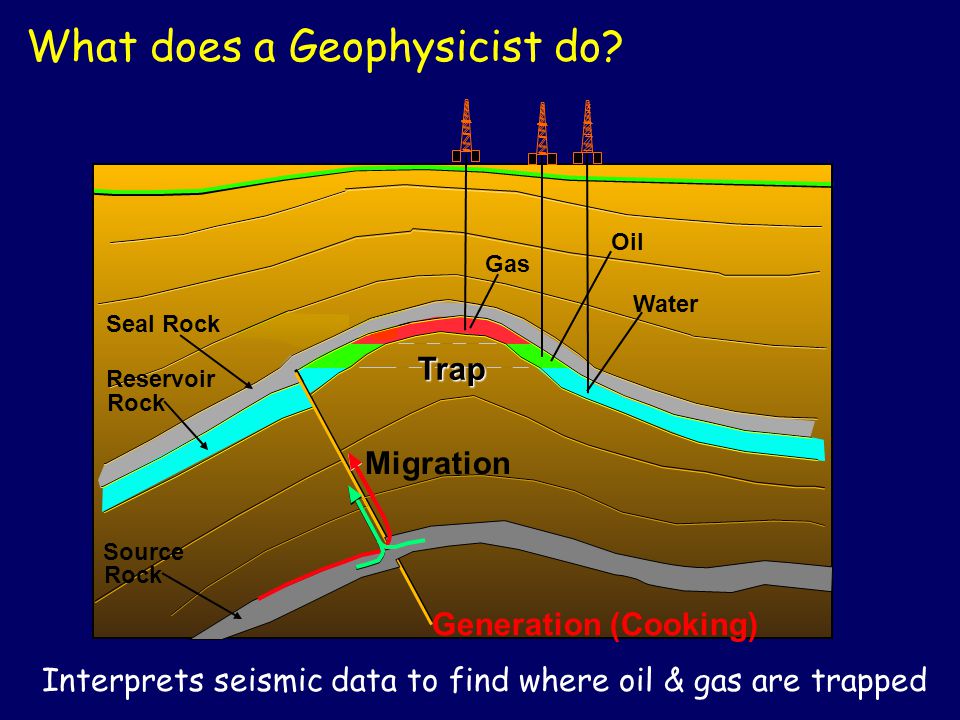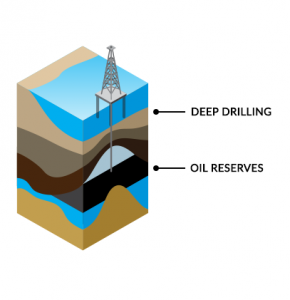All Categories
Featured
Table of Contents
How To Become A Geophysicist in Palmyra Australia 2022

The primary model for the radial structure of the interior of the Earth is the preliminary recommendation Earth design (PREM). Some parts of this model have been upgraded by current findings in mineral physics (see post-perovskite) and supplemented by seismic tomography. The mantle is generally made up of silicates, and the limits between layers of the mantle follow phase transitions.

Schematic of Earth's magnetosphere. Circulations from left to.
Inside the magnetosphere, there are reasonably dense regions of solar wind particles called the Van Allen radiation belts. Geophysical measurements are generally at a specific time and place. Accurate measurements of position, along with earth contortion and gravity, are the province of geodesy. While geodesy and geophysics are different fields, the 2 are so carefully linked that lots of clinical companies such as the American Geophysical Union, the Canadian Geophysical Union and the International Union of Geodesy and Geophysics include both.
Geophysical Survey And Remote Sensing Techniques in Mt Helena Australia 2022
, combines astronomical collaborates and the regional gravity vector to get geodetic collaborates. This approach only provides the position in 2 collaborates and is more tough to utilize than GPS.
Gravity measurements ended up being part of geodesy due to the fact that they were required to related measurements at the surface of the Earth to the referral coordinate system.
Sea level can likewise be determined by satellites using radar altimetry, contributing to a more accurate geoid. In 2002, NASA released the Gravity Healing and Environment Experiment (GRACE), where two twin satellites map variations in Earth's gravity field by making measurements of the range between the two satellites using GPS and a microwave varying system. Satellites in space have made it possible to collect information from not just the visible light region, however in other areas of the electro-magnetic spectrum. The planets can be identified by their force fields: gravity and their magnetic fields, which are studied through geophysics and area physics. Measuring the modifications in velocity experienced by spacecraft as they orbit has enabled fine information of the gravity fields of the worlds to be mapped.
Careers In Geology And Geophysics in Shenton Park Western Australia 2020

Since geophysics is worried about the shape of the Earth, and by extension the mapping of functions around and in the planet, geophysical measurements consist of high accuracy GPS measurements. These measurements are processed to increase their accuracy through differential GPS processing. As soon as the geophysical measurements have been processed and inverted, the translated results are outlined utilizing GIS.
Many geophysics companies have designed internal geophysics programs that pre-date Arc, GIS and Geo, Soft in order to fulfill the visualization requirements of a geophysical dataset. Expedition geophysics is applied geophysics that often uses remote sensing platforms such as; satellites, aircraft, ships, boats, rovers, drones, borehole noticing equipment, and seismic receivers.
Aeromagnetic data (aircraft collected magnetic data) collected using standard fixed-wing airplane platforms must be corrected for electro-magnetic eddy currents that are developed as the aircraft moves through Earth's magnetic field. There are likewise corrections associated with modifications in measured prospective field strength as the Earth rotates, as the Earth orbits the Sun, and as the moon orbits the Earth.
Geophysical Surveying - Methods And Applications in Forrestfield Western Australia 2023
Signal processing includes the correction of time-series data for undesirable sound or errors presented by the measurement platform, such as airplane vibrations in gravity information. It also involves the decrease of sources of noise, such as diurnal corrections in magnetic data. In seismic data, electro-magnetic information, and gravity data, processing continues after mistake corrections to include computational geophysics which result in the last analysis of the geophysical data into a geological analysis of the geophysical measurements Geophysics became a different discipline just in the 19th century, from the intersection of physical location, geology, astronomy, meteorology, and physics.
The magnetic compass existed in China back as far as the 4th century BC. It was utilized as much for feng shui when it comes to navigation on land. It was not up until excellent steel needles might be created that compasses were used for navigation at sea; before that, they could not retain their magnetism long enough to be helpful.
By looking at which of 8 toads had the ball, one might determine the direction of the earthquake. It was 1571 years before the very first design for a seismoscope was released in Europe, by Jean de la Hautefeuille. It was never constructed. One of the publications that marked the beginning of contemporary science was William Gilbert's (1600 ), a report of a series of precise experiments in magnetism.
Hydrographic And Geophysical Surveys in Eden Hill WA 2022
Geochemistry, Geophysics, Geosystems. National Aeronautics and Area Administration. Recovered 13 November 2018.
Runcorn, S.K, (editor-in-chief), 1967, International dictionary of geophysics:. Pergamon, Oxford, 2 volumes, 1,728 pp., 730 fig Geophysics, 1970, Encyclopaedia Britannica, Vol. Introduction to seismology (2nd ed.).
Latest Posts
Geophysicist Job Description in Guildford Aus 2023
Marine Geophysical Surveying - in Maddington Aus 2023
Geophysical Survey - Suffolk Heritage Explorer in Millendon WA 2023